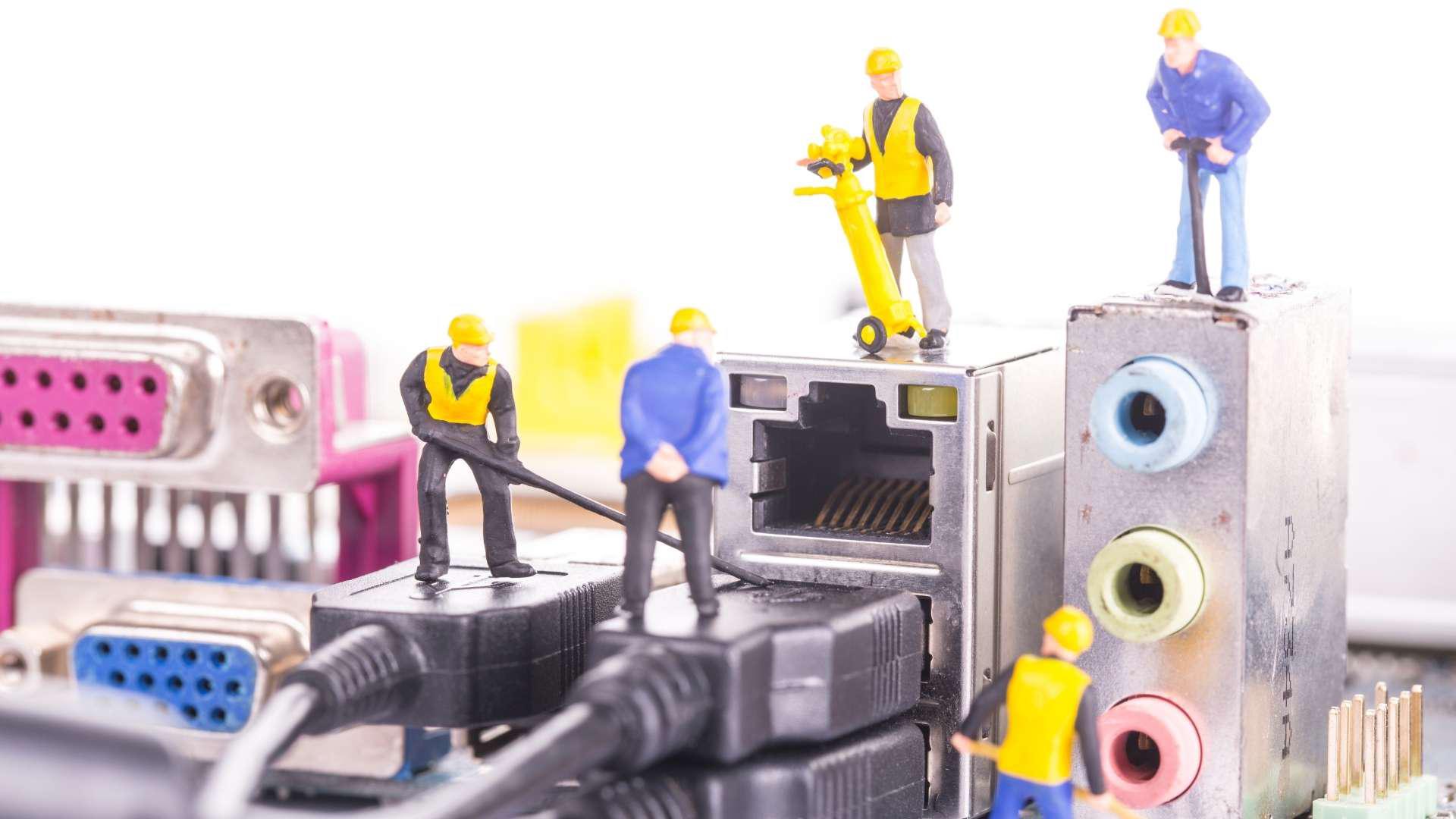Ensuring that your marine electronics are in top-notch condition is essential for a safe and enjoyable experience at sea. In this guide, we'll explore the importance of maintaining your marine electronics for optimal performance.
Why Maintenance Matters
Marine electronics are designed to withstand harsh conditions such as saltwater exposure, extreme temperatures, and vibrations. However, they are not immune to wear and tear. Regular maintenance is crucial for several reasons: Safety: Your safety and the safety of your ship (and passengers) depend on the proper functioning of navigation and communication systems. A malfunctioning GPS or radio can lead to dangerous situations. Efficiency: Well-maintained electronics perform better, providing more accurate information and reducing the risk of navigational errors. Longevity: Proper care can extend the lifespan of your marine electronics, saving you money on replacements.Maintenance Tips for Marine Electronics
Keep It Clean: Saltwater can be corrosive, so rinse your electronics with fresh water periodically. Use a soft cloth and mild detergent to clean screens and control panels. Avoid using abrasive materials that could scratch surfaces.
Inspect Regularly: Perform visual inspections of all components, checking for loose wires, corroded connectors, or damaged cables. Address any issues promptly.
Update Software: Many marine electronics come with software that can be updated to improve functionality and fix bugs. Check for updates regularly and install them as needed.
Test Functionality: Before each journey, test your electronics to ensure that they are working correctly. This includes GPS, chart plotters, radar, and communication systems. Verify that all buttons and controls are responsive.
Secure Mountings: Make sure your electronics are securely mounted to reduce the risk of damage from vibrations or rough seas. Inspect mounts and brackets for signs of wear.
Battery Care: If your electronics have rechargeable batteries, follow the manufacturer's recommendations for charging and storage. Over time, batteries can degrade, so be prepared to replace them as needed.
Store Properly: During the off-season or extended periods of non-use, store your electronics in a cool, dry place. Remove batteries to prevent corrosion.
Professional Servicing: If you notice persistent issues or are unsure about a particular problem, don't hesitate to seek professional servicing. Expert technicians can diagnose and repair complex problems.
